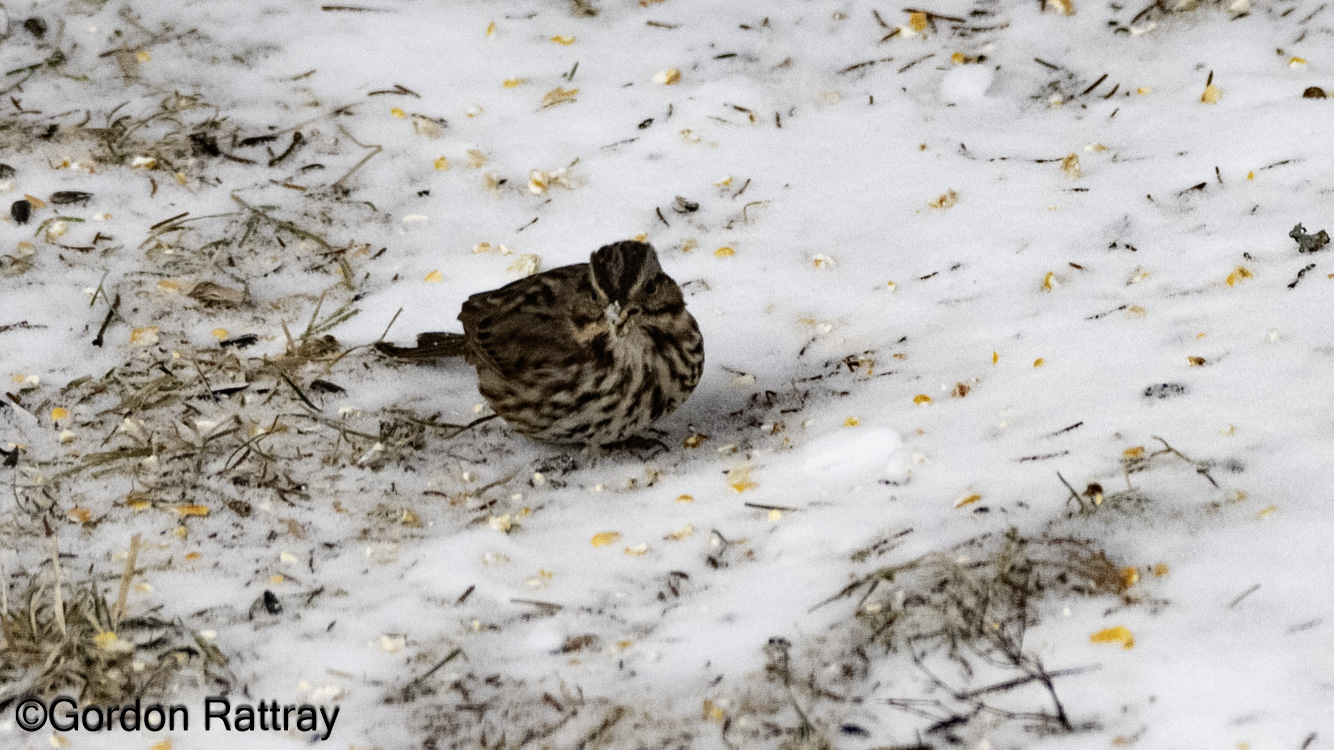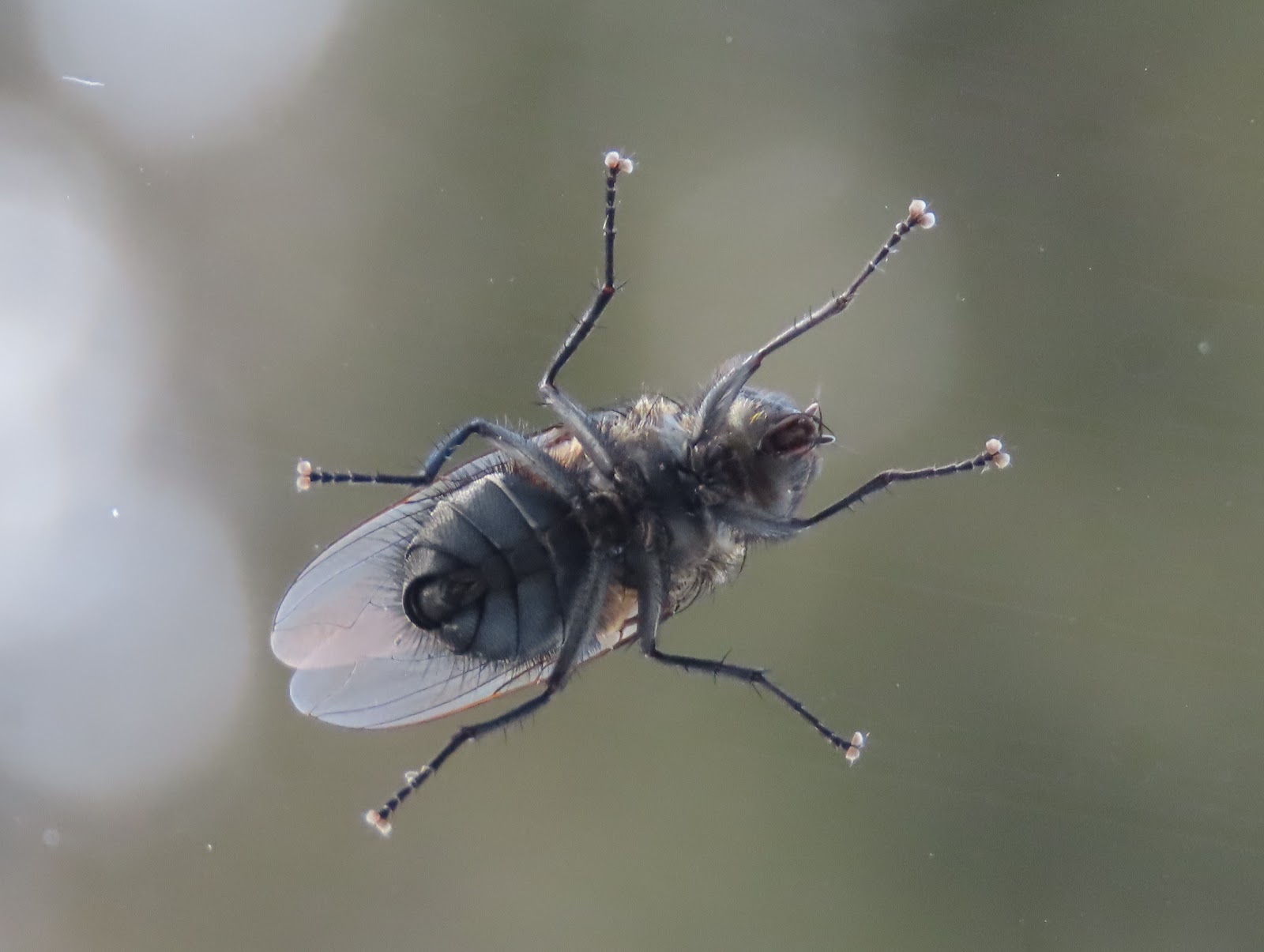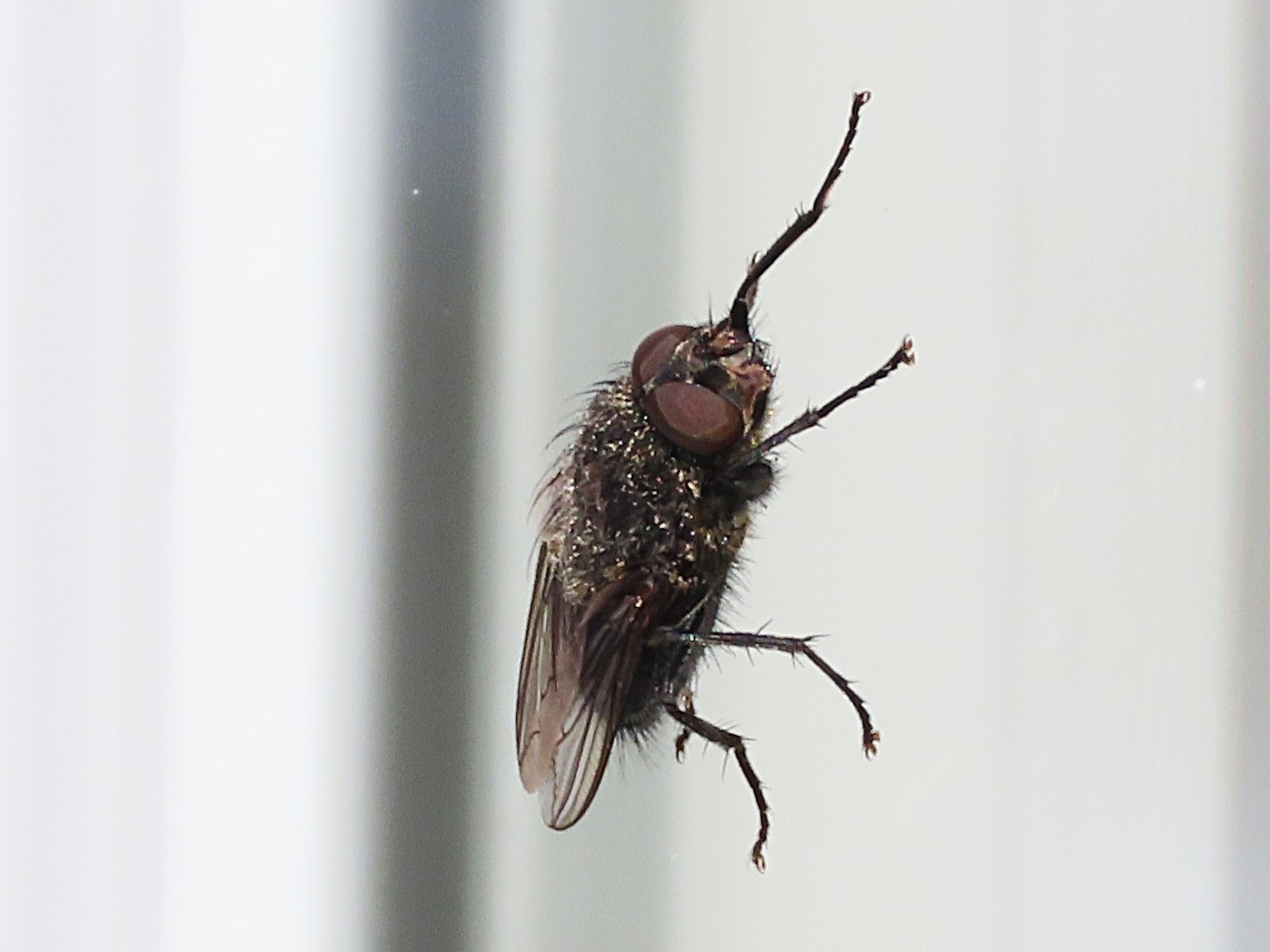NATURE MONCTON NATURE NEWS
February 10, 2025
Nature Moncton members as well as any
naturalist in New Brunswick or beyond are invited to share their photos
and descriptions of recent nature sightings to build a fresh (almost) daily
edition of Nature News
To respond by e-mail, please address your message to the
information line editor, nelsonpoirier435@gmail.com .
Please advise the editor at nelsonpoirier435@gmail.com and proofreader Louise Nichols at Nicholsl@eastlink.ca if any errors are noted in wording or photo labelling.
For more information on Nature Moncton, check the website
at www.naturemoncton.com.
Proofreading courtesy of Louise Nichols
**Gordon
Rattray reports that a song sparrow has been visiting daily for the past
week and stood for a photograph Sunday. Gordon is also getting regular
visits from golden-crowned kinglets, both male and female; on Sunday, it
was a male. Gordon’s daily sparrow visitors include three American tree
sparrows, one white-throated sparrow, and one song sparrow; the dark-eyed
junco cousins number about 20 daily. Gordon is now hearing white-throated
sparrows singing in the forested area near his home.
(Editor’s note: Nelson Poirier is noting a pair of northern
cardinals and a pair of white-breasted nuthatches appear at the
feeders together. Possibly another sign of the advancing season, like Gordon’s
singing white-throated sparrow.)
**Jamie Burris reports they had a brown creeper
arrive at a spruce tree in their Riverview yard (urban). Jamie comments it is
the first sighting of this species in their backyard and they have
been there for over 30 years.
**Yolande LeBlanc sends a photo of the peanut butter/suet
bird feeder mentioned in yesterday’s edition made from a 4 x 4 piece of rough
lumber approximately a foot in length with holes drilled 1 inch in diameter and
1/2 inch deep.
Yolande comments they use rough lumber so the birds can
hang on better. She uses the straight peanut butter and pours the oil that
settles on the top out. It has attracted brown creepers, red-breasted
nuthatch, white-breasted nuthatch, black-capped chickadees, woodpeckers,
and a pine warbler.
Yolande was surprised to see a group of a dozen cedar
waxwings land in their bare mountain ash tree for a very short 10 to 15
seconds, before moving on. She most often sees the bohemian waxwings in
winter.
**With this colder weather John Inman was surprised to
see a cluster fly (Tony Thomas confirmed) on the outside of a window and
get a photograph. This fly gets its name because of the habit of gathering in
clusters after entering secluded areas around houses in the fall to overwinter.
They come out of their winter torpor in the spring, and we often see
flycatchers foraging on them.
The adult females lay their eggs near earthworm burrows,
and the larvae feed on the earthworms, parasitizing them.
Nelson Poirier
Nature Moncton




